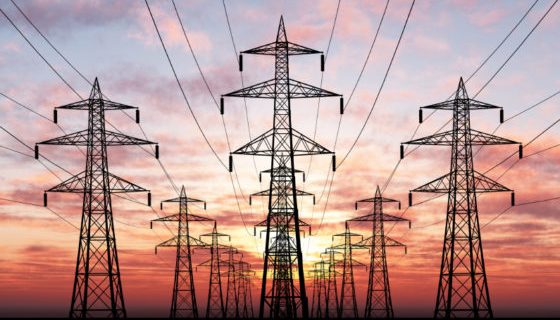This article was originally published by Belle Carter at Natural News.
California’s retail electricity price is the highest in the United States and more than twice the average power cost in the western part of the country.
Since 1998, Democrats have controlled California’s state legislature. They adopted ineffective, misguided, and economically damaging energy and climate legislation that created skyrocketing electricity prices for California residents, businesses, and organizations.
But despite the Golden State’s supposedly “climate-friendly” legislative schemes, its 2021 average retail electricity price was the highest in the entire country at 19.65 cents per kilowatt hour, an increase of 224.6 percent from the 1999 price of 8.75 cents per kilowatt hour.
The 10 other states in the western U.S. region have a 2021 average retail electricity price of only 9.19 cents per kilowatt hour.
Energy Information Administration (EIA) data shows that the average retail electricity price for the entire country from 1999 to 2021 only grew by 67.16 percent – 6.64 cents per kilowatt hour from 1999 to 11.10 cents per kilowatt hour in 2021.
EIA is the principal agency of the U.S. Federal Statistical System responsible for collecting, analyzing, and disseminating energy information. The EIA average retail electricity price data provided the total electric industry price in each state, which includes price information from all full-service providers, restructured retail service providers, energy-only providers, and delivery-only service providers. These electric service provider categories comprise the total electricity supply services utilized within each state.
Moreover, the data are established for residential, commercial, industrial, transportation, and other consumer categories with an overall total price average included for each state as well the average across the United States.
California shoots itself in the foot with clean energy measures
According to Bloomberg, the jump in demand for natural gas, supply constraints, and aging infrastructure has left the region vulnerable to price spikes. Also, the rainy winter has bought up challenges in the green energy transition, proving Californians are not ready yet to sacrifice their use of fossil fuels.
“Unfortunately for Californians, they’re going through this bumpy energy transition where everything doesn’t just fit exactly,” Wood Mackenzie Ltd Research Director Eugene Kim said. “It’s a battle between longer-term energy transition versus your immediate needs.”
Limited storage, damage to a key pipeline, and a surge in demand have sent natural gas prices soaring in the state.
California Governor Gavin Newsom and other state politicians were adamant in pushing climate proposals that poured investment into the energy transition, moving away from natural gas and nuclear generation and discouraging significant investment in storage and pipeline capacity.
However, as residents complain of monthly electricity bills approaching $800, the governor has had no choice but to call for an investigation into the prices. (Related: Communist California has mandated unlimited electricity “basic service” at fixed monthly rates for consumers – will end in a grid-down disaster.)
A prolonged drought followed by a wet and chilly winter at first stymied the state’s hydropower capacity and then crippled its short-term solar generation. The gap has left California ill-equipped to deal with any surge in demand or disruption to supply, both of which have happened in recent months. The cold winter has also made Californians crank up their heating systems and has left working gas stockpiles in the Pacific region at their lowest level for this time of year since at least 2010.
Follow NewEnergyReport.com to catch the latest updates on electricity prices.
Watch the video below that talks about California’s energy crisis.
This video is from the Millennial Millie Clips channel on Brighteon.com.
Read the full article here


